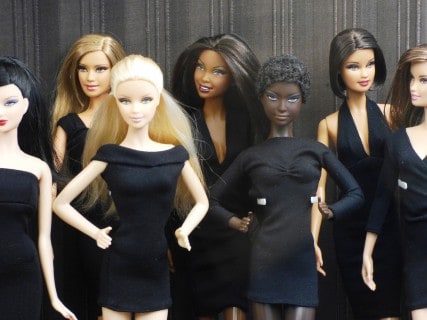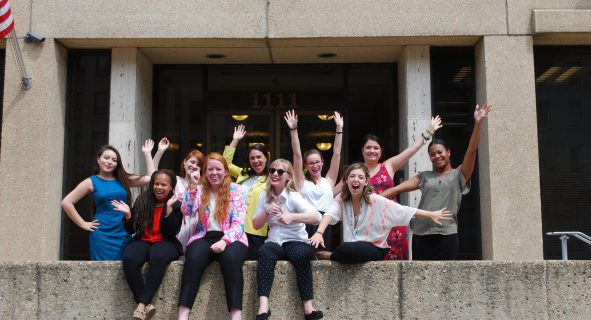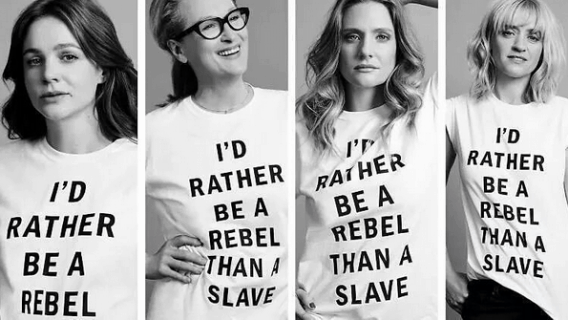How Kesha’s New Music is Breaking Social Norms

After years of legal battles, Kesha is back. Her album dropped August 11th, and she treated us to a taste of her newly strengthened attitude and voice with two pre-release singles. “Praying” is a powerful anthem describing her journey in an extremely important way. In the music video, an opening monologue expresses thoughts of depression and suicide:
Am I dead? Or is this one of those dreams, those horrible dreams, that seem like they last forever? If I am alive, why? If there is a god, or whatever, something, somewhere, why have I been abandoned by everyone and everything I’ve ever known? I’ve ever loved. Stranded, what is the lesson? What is the point? God give me a sign or I have to give up. I can’t do this anymore. Please just let me die. Being alive just hurts too much.
The song is about overcoming, but it doesn’t solely spotlight the championship of winning a battle — the mountain top freedom after an upward struggle that is easy to market, and easy to sing about. It doesn’t shy away from admitting dark feelings, nor steer clear of the normally unmentionable topic of suicide. Instead, it reveals the reality of going through hell.
Kesha not only released a video to bring attention to a topic that’s prevalent yet not prevalently talked about; she directly acknowledges that it should not be shocking to sing about human emotions, or taboo to talk about suicide. In an interview on SiriusXM Music, she expressed her desire to talk about suicide through her music. “I wrote a song about it, so let’s talk about it. I think it’s healthy to actually talk about feeling really down sometimes because life can be a f*cking bitch sometimes.” She is transparent about her own experience in contemplating suicide: “If I were being totally honest, I had moments, because I didn’t know where I was going or what I was going to do.”
With shows like 13 Reasons Why it seems like the subject of suicide is receiving more attention recently, but that doesn’t mean it’s the right attention. Kesha, someone who has personally experienced what it feels like to have those thoughts, approaches the topic from a more honest and accurate perspective than a controversial show that might cause more harm than good.
In an open Lenny Letter, she wrote: “I know that I was never abandoned by my fans, my animals, or my family, but when you are depressed — really, truly depressed — you feel like you have nothing… There were so many days, months even, when I didn’t want to get out of bed. I spent all day wanting to go to sleep, and then when I did fall asleep, I had horrible night terrors where I would physically cry and scream through the dark. I was never at peace, night or day.”
Kesha is acknowledging her fight is important because bringing to light thoughts and feelings of darkness is vastly avoided, but desperately needed. Speaking about depression demonstrates that talking about human emotions is not an act that should carry shame, and addressing feelings is the way to rise from the deep heaviness of them that is entrapping. Normalizing conversations about suicide is essential because feeling alone is the worst aspect of depression. Utter abandonment, thinking and feeling that there is nothing, no hope, can lead to an irreversible crisis. The method to combat depression and suicidal thoughts is conversation and feeling valued, which cannot happen if depression and suicide are treated as taboo topics or an admittance of weakness unworthy of genuine attention.
Kesha breaks the social norm in a powerful way, yet “Praying” preaches strength in more than a singular facet. What makes this anthem powerful is that rather than a cry of anger, lamenting sorrow of giving up, or outburst of frustration, she focuses on forgiveness, stripping away power from an abuser and the trials of life, making herself stronger, and discovering her own power. Describing the inspiration for the lyrics in her Lenny Letter, she wrote:
I hope this song reaches people who are in the midst of struggles, to let them know that no matter how bad it seems now, you can get through it. If you have love and truth on your side, you will never be defeated. Don’t give up on yourself.
“Praying” was written about that moment when the sun starts peeking through the darkest storm clouds, creating the most beautiful rainbow. Once you realize that you will in fact be OK, you want to spread love and healing. If you feel like someone has wronged you, get rid of that hate, because it will just create more negativity. One thing that has brought me great relief is praying for those people. Being angry and resentful will do nothing but increase your own stress and anxiety — and hate is the fuel that grows the viruses. Don’t let anyone steal your happiness!
Unforgiveness is the poison you take, hoping someone else suffers from it, and Kesha conveys this sentiment in “Praying.” She illustrates finding peace in forgiveness while speaking on a foundation of growing stronger through pain.
In my life, suicide has appeared more than I ever expected it would, and I’m only 22. I have witnessed too many friends struggle to fight their battles — both from afar and through close, personal encounters. Out of the anger, pain, frustration, and confusion of these experiences, I have become outraged at the lack of attention suicide and depression receives in our world. No one has an answer, which often means a solution is not sought after. I know first-hand that not having a solution is the worst feeling when you are close to someone who is suicidal because it is the only thing you desire. No matter which side of the situation you find yourself on, suicide leaves you feeling unequipped to handle it and powerless to the outcome.
Kesha, however, seeks to empower. She has the courage to be transparent with the world about her emotions, the boldness to speak about something most people want to hide, and she demonstrates the way she finds good mental and emotional peace. For this, I respect, applaud, and thank her for her words and actions. I desperately hope that as her music video ends with “The Beginning,” that she is the beginning of a move towards transparency of mental health. I encourage everyone to join in this movement for the sake of all those we love.
Buy Kesha’s new album, Rainbow, on Amazon.
Featured image by Kesha – Rainbow
Last modified on August 9th, 2018
Lover of words, coffee, and wine. Exceptionally friendly. Sarcastic only once in awhile. Capable of making anything a competition.










Show Comments +